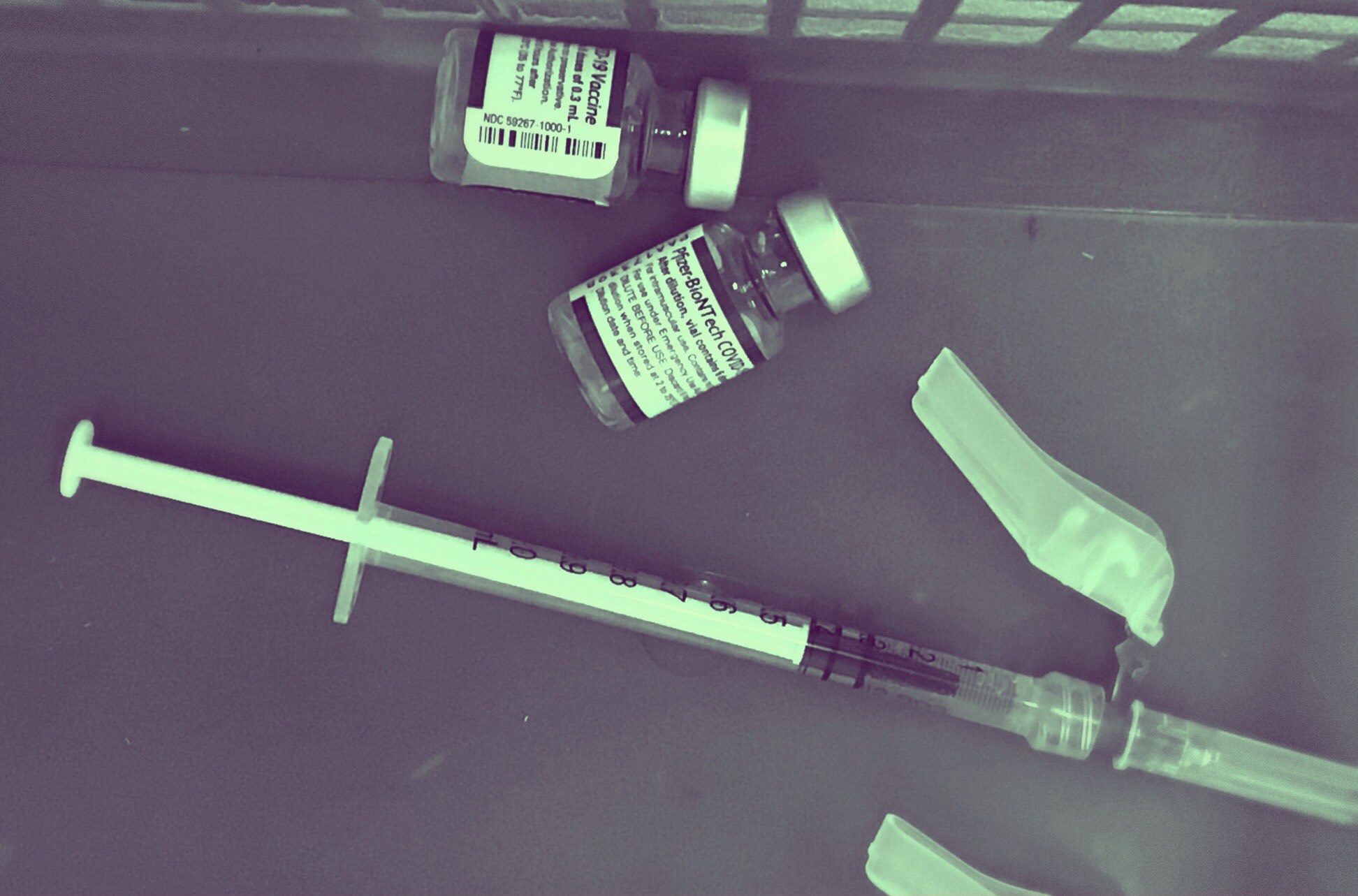Since booster shots became widely available last month, there have been talk of mixing and matching boosters. And a study indicates that it may be beneficial.
Overtime, the effectiveness of the COVID-19 vaccines decrease. And thus, booster shots are recommended for anyone 18 and older. But when you receive the booster depends on which vaccine you received.
In order to receive the booster, you first to have to complete the dosage of the vaccine you received. While the Johnson & Johnson vaccine is a single dose, the vaccines made by Pfizer and Moderna are given in two doses.
If you received the Johnson & Johnson vaccine, you are eligible to receive the booster 2 months later. And for the other vaccines, it is 6 months later.
Since boosters first became available, there has been discussion of “mixing and matching” the booster shots. That is, a person receives a booster from a different vaccine maker than their initial dosage. And there may be a benefit to this strategy.
CNN reported on a small study that looked at getting the Johnson & Johnson booster after receiving the initial Pfizer vaccine. And the small study shows positive results. CNN reports that four weeks after receiving the Pfizer vaccine, antibody levels began to drop off. But in people that received the Johnson & Johnson booster, those levels increased. And Johnson & Johnson’s booster also increased the numbers of immune cells called CD8 T cells.

